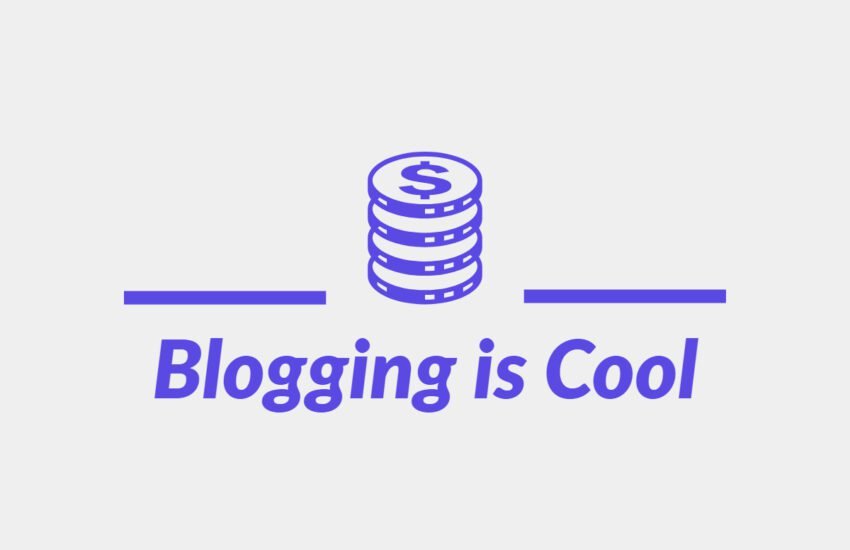Types of Black Hat SEO Techniques to Avoid on Your Website
Search Engine Optimization (SEO) is an essential aspect of digital marketing, aimed at improving a website’s visibility and organic traffic. While there are legitimate strategies to enhance your website’s SEO, it is crucial to be aware of and avoid black hat SEO techniques. Black hat SEO refers to unethical practices that violate search engine guidelines and can result in penalties from search engines like Google. In this article, we will explore some of the common black hat SEO techniques that you should avoid implementing on your website.
1. Keyword Stuffing
Keyword stuffing involves overloading a webpage with excessive keywords in an attempt to manipulate search engine rankings. While it is important to include relevant keywords in your content, keyword stuffing can make your content unreadable and negatively impact user experience. Search engines like Google have become increasingly sophisticated in detecting this practice and penalize websites that engage in keyword stuffing.
2. Hidden Text and Links
Hidden text and links involve hiding keywords or links on a webpage, making them invisible to users but still accessible to search engine crawlers. This technique aims to manipulate search engine rankings by adding extra keywords without affecting the user experience. However, search engines consider this deceptive and penalize websites that engage in such practices.
3. Cloaking
Cloaking is a technique where different content is presented to search engines and users. This involves showing search engines content that is different from what users see. The purpose of cloaking is to deceive search engines into ranking a webpage higher based on the content that is not visible to users. Search engines consider cloaking as a violation of their guidelines and penalize websites that use this technique.
4. Link Buying
Link buying involves purchasing links from other websites in an attempt to improve search engine rankings. While backlinks are an important ranking factor, search engines like Google value natural and organic backlinks. Buying links is considered a manipulative practice and can result in penalties. Instead, focus on creating high-quality content that naturally attracts backlinks from reputable websites.
5. Content Scraping
Content scraping refers to copying content from other websites without permission and publishing it on your own website. This technique aims to create a large amount of content quickly, but it is considered a copyright violation and can lead to penalties. Instead, focus on creating original and valuable content that provides unique insights to your audience.
6. Link Farming
Link farming involves creating multiple websites solely for the purpose of linking to a target website. This technique aims to manipulate search engine rankings by artificially increasing the number of backlinks. Search engines consider link farming as a violation of their guidelines and penalize websites that engage in this practice. Instead, focus on building high-quality and relevant backlinks from reputable sources.
7. Automated Content Generation
Automated content generation involves using software or tools to create content automatically without human input. This technique aims to produce a large amount of content quickly, but the quality is often compromised. Search engines like Google prioritize high-quality, valuable content, and websites that use automated content generation can be penalized.
8. Duplicate Content
Duplicate content refers to content that appears on multiple webpages, either within the same website or across different websites. Search engines prefer unique and original content, and websites that have duplicate content can be penalized. Ensure that your website has unique and valuable content to avoid penalties.
In conclusion, black hat SEO techniques can provide short-term gains but can have severe long-term consequences for your website’s visibility and rankings. It is vital to focus on ethical and sustainable SEO practices that prioritize user experience and provide valuable content. By avoiding black hat SEO techniques, you can build a strong online presence and improve your website’s organic visibility in a way that complies with search engine guidelines.

